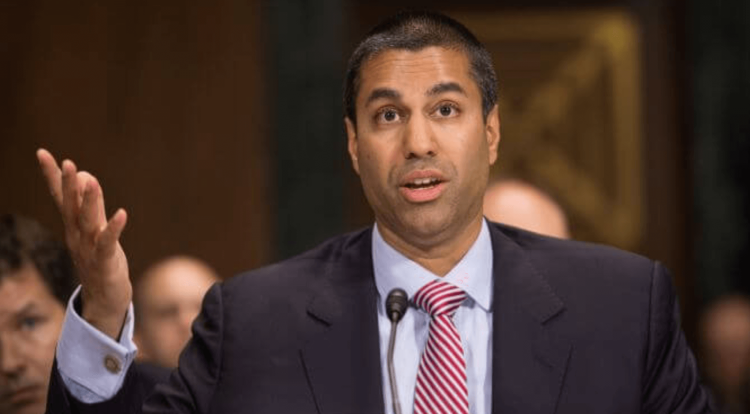On April 17, the FCC will vote on a proposal to stop U.S. phone carriers from using federal funds to buy Huawei or ZTE products or services, FCC Chairman Ajit Pai announced today. The proposal is an effort to stop small and rurally focused carriers from using inexpensive but potentially security-compromised networking gear in their upcoming 5G networks.
Under the proposal, all U.S. carriers would be prohibited from using fees collected under the FCC’s $8.5 billion Universal Service Fund (USF) from “being used to purchase equipment or services from any company that poses a national security threat to the integrity of communications networks or their supply chains.” The USF collects fees from individual phone customers to improve telecom service for low-income, rural, educational, and high cost-area customers.
Although Pai’s announcement only obliquely references Huawei and ZTE, The Verge says that senior FCC officials have confirmed that the proposal references both companies. Explaining the proposal, Pai wrote:
Threats to national security posed by certain communications equipment providers are a matter of bipartisan concern. Hidden ‘back doors’ to our networks in routers, switches — and virtually any other type of telecommunications equipment — can provide an avenue for hostile governments to inject viruses, launch denial-of-service attacks, steal data, and more.
Following years of Congressional investigations into the companies’ clandestine activities, U.S. agencies and legislators began to aggressively target Huawei and ZTE products at the beginning of this year, citing security concerns. As recently as last week, U.S. carriers and retailers confirmed that they were dropping Huawei hardware from their stores.
June 5th: The AI Audit in NYC
Join us next week in NYC to engage with top executive leaders, delving into strategies for auditing AI models to ensure fairness, optimal performance, and ethical compliance across diverse organizations. Secure your attendance for this exclusive invite-only event.
While both Chinese companies have dismissed the U.S. claims as groundless and focused their attention on other countries, U.S. officials have said that the companies maintain covert ties to China’s government, and American personnel crossed borders to brief foreign governments on potential threats from Chinese networking hardware. The threats are considered to be particularly serious given the role “secure” 5G networks are expected to play in future transportation, data transmission, and mission-critical industrial/infrastructure technologies.

